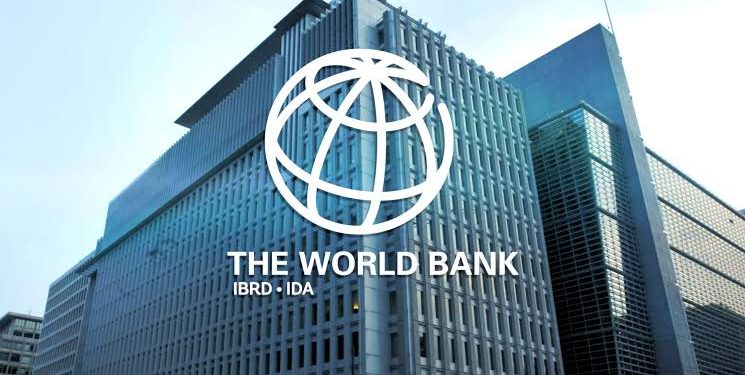The World Bank says Nigeria spent 96.3 percent of its 2022 revenue on servicing its debts.
This was contained in the Macro Poverty Outlook for Nigeria: April 2023 brief released by the international financial institution.
According to the report, Nigeria’s fiscal position deteriorated in 2022, leaving the cost of the petrol subsidy to increase from 0.7 percent to 2.3 percent of gross domestic product (GDP).
“This has kept the public debt stock at over 38 percent of GDP and pushed the debt service to revenue ratio from 83.2 percent in 2021 to 96.3 percent in 2022,” it read.
“The fiscal deficit was estimated at 5.0 percent of GDP in 2022, breaching the stipulated limit for a federal fiscal deficit of 3 percent.”
Oil price booms have previously supported the country’s economy, but this
has changed since 2021.
The cause for this, according to the World Bank, was macroeconomic stability weakening amidst declining oil production, costly fuel subsidies, exchange rate distortions, and monetisation of the fiscal deficit.
“In 2022, oil revenues, the fiscal deficit outturn, FX reserves, and economic
growth decoupled from the cycle of higher global oil prices. GDP growth decelerated from 3.6 percent in 2021 to 3.3 percent in 2022,” the report said.
“Growth was driven by manufacturing, construction, and most services. In contrast, the oil sector shrank by 19.2 percent. From the demand side, growth was driven by private consumption and investment.”
It also revealed that the deteriorating economic environment was leaving millions of Nigerians in poverty, resulting in risks tilting to the downside, given the lack of macro-fiscal reforms, the naira demonetisation, and an uncertain external outlook.





Discussion about this post